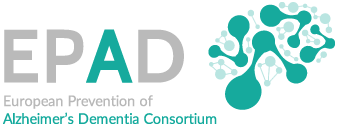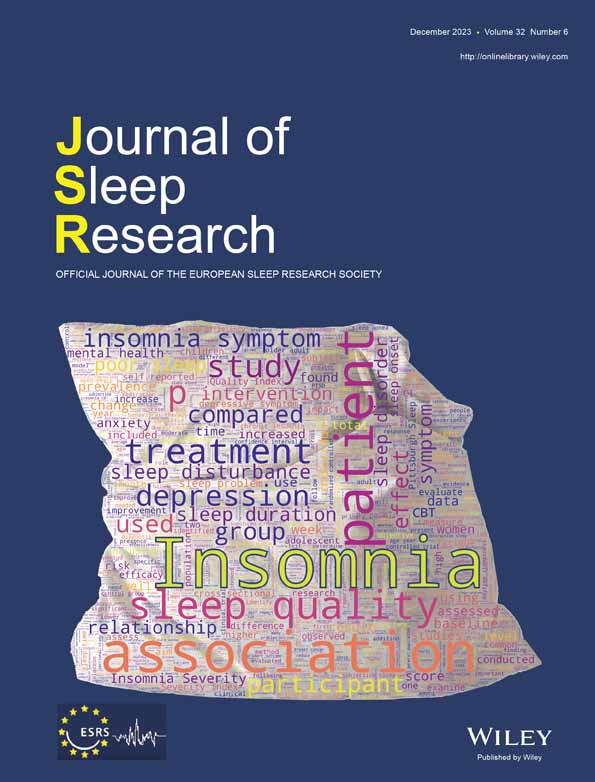
What is your current role in EPAD?
I am a brand-new member of the EPAD work package six. Having joined the Alzheimer’s team at Biogen in May 2018, the EPAD work was highlighted as a key coalition to join and support from a communications and advocacy perspective. I bring to the team over six years of experience in working with the pharmaceutical industry across a wide range of corporate affairs competencies, including: patient advocacy, government affairs, communications (internal and external) and stakeholder relations. I hope to support the work package with the next stages of the project including the run up to month 60.
What did you do prior to joining EPAD?
I am a patient advocacy and corporate affairs professional by trade with over six years’ experience of working in the life sciences sector. Before joining Biogen and the EPAD work package six, I have worked in a range of national, regional and global pharmaceutical roles striving to bring the patient voice closer to company corporate policy. Currently based in Amsterdam with Biogen, I moved to the Netherlands for a Global Patient Advocacy role with Teva Pharmaceuticals, and before that I held a variety of Corporate Affairs roles in Westminster with the Association of the British Pharmaceutical Industry.
Working in the pharmaceutical and life sciences sector has given me an understanding of the industries issues and their contribution to research, health, wellbeing and economic success. It is fundamental for companies and research organizations to have a clear patient advocacy and communications strategy to engage and educate governments, policy makers and the general public.
Tell us a bit about the institution/company/organization you work for.
I am the Senior Manager, EU Patient Advocacy, Alzheimer’s Disease at Biogen. Biogen was founded in 1978 as one of the world’s first global biotechnology companies by Charles Weissmann, Heinz Schaller, Kenneth Murray and Nobel Prize winners Walter Gilbert and Phillip Sharp, Biogen has led innovative scientific research with the goal over the last decade to defeat devastating neurological diseases.
Biogen currently works across a wide range of neurological conditions including Multiple Sclerosis, Alzheimer’s Disease, Parkinson’s Disease, and Amyotrophic Lateral Sclerosis (ALS), as well as less common diseases such as Spinal Muscular Atrophy (SMA) and Progressive Supranuclear Palsy (PSP).
Biogen has a collaborative approach to our research, engaging with physicians and scientific leaders around the world with the aim to further medical research, alongside working with advocacy and patient organizations as they serve the communities they represent. It was this strong scientific approach to tackling diseases that really drew me to work for Biogen.
What are your expectations from the EPAD project?
EPAD really embodies the future of research in healthcare. The initiative really is a unique European project aimed at tackling some of the challenges in Alzheimer’s Disease research. My expectations center on the need for Work Package six to communicate the weight of information EPAD is creating. As the largest ever public-private partnership in Alzheimer’s disease research, work package six has a huge role in communicating the combined knowledge and expertise of 38 organisations across multiple sectors. Alongside championing the research milestones and new research advances.







